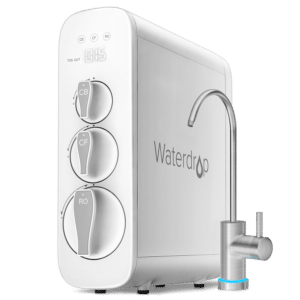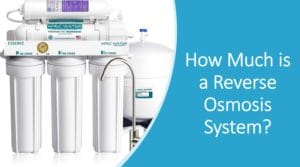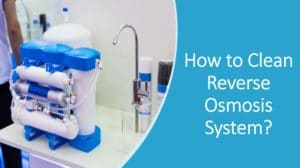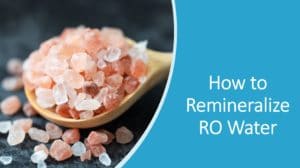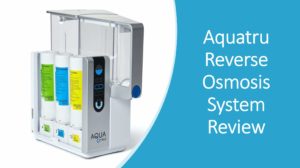With the rise in news reports on contaminated water, ensuring that your drinking water is safe for you and your family is undoubtedly a top priority.
So, as you’re looking at different filtration methods, you might be trying to wrap your head around Berkey vs. reverse osmosis systems.
Berkey vs reverse osmosis systems are both excellent options for removing many harmful contaminants from water.
- The Berkey is an excellent choice if you’re looking for a small system that cleans drinking water without stripping it of essential minerals.
- Alternatively, if you like the idea of a water filtration system that maximizes its removal of contaminants, including viruses and bacteria, a reverse osmosis system is a better option.
Finally, cost and maintenance are other factors to consider when comparing Berkey vs. reverse osmosis.
Reverse osmosis systems require applying high pressure, which increases energy bills. In contrast, Berkey is more energy-efficient and requires less maintenance.
Berkey Filter vs. Reverse Osmosis: The Run-Down
Berkey and reverse osmosis systems have their advantages, and the best option will depend on the individual. Below is a quick overview of these filtration systems:
- Berkey filters are more affordable
- Reverse osmosis removes a more significant number of contaminants
- Berkey filters don’t involve extensive installation or maintenance
- Reverse osmosis systems attach to your water supply
Related: Reverse osmosis vs Water Softener
Understanding Reverse Osmosis
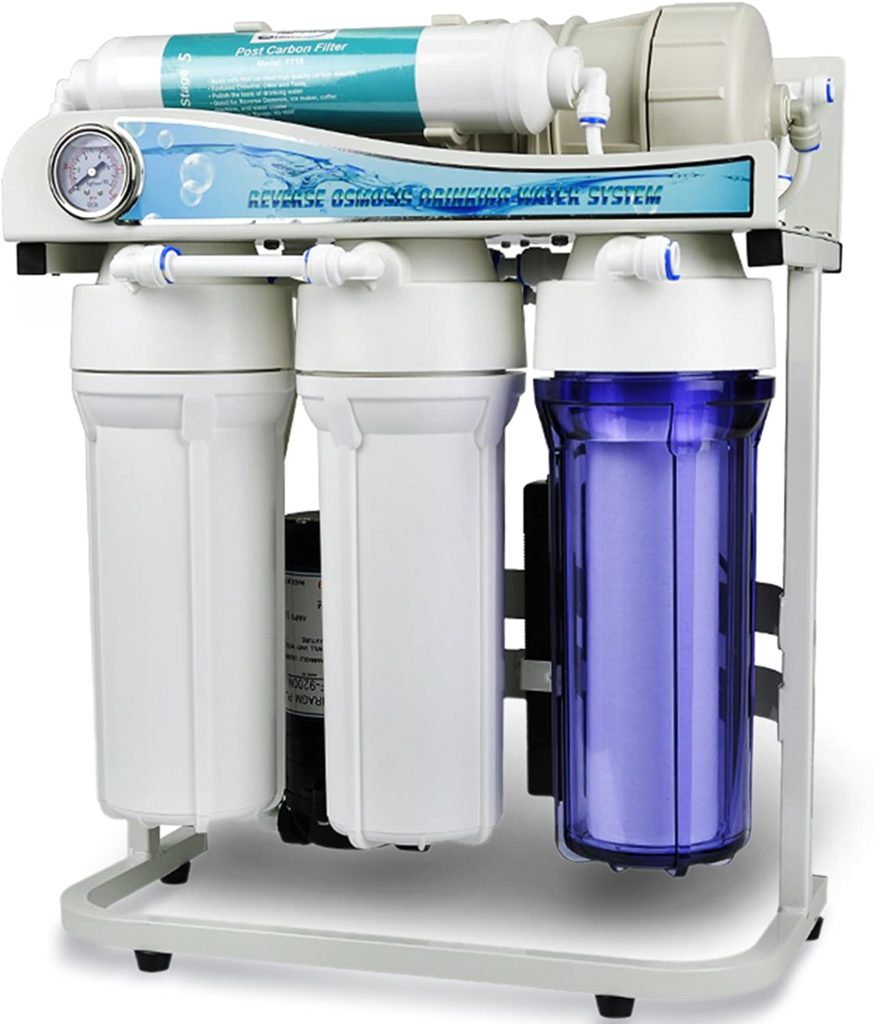
Reverse osmosis might sound familiar from your high school days, but we understand if you need a refresher.
The process of reverse osmosis occurs when water passes through a partially permeable membrane. By doing so, it purifies water by removing everything from large contaminants to smaller, harmful ions and molecules.
According to the Environmental Protection Agency, reverse osmosis systems can remove as much as 99% of contaminants from water, including:
- Radium
- Arsenic
- Nitrate
- Viruses
- Bacteria
Using a Reverse Osmosis System in Your Home
If you opt for a reverse osmosis system, you’ll either need experience in plumbing or hire a professional since you’ll need to connect the system with your home’s water supply.
In either case, you can set up the system to the main point of entry for water into your house or attach it directly to your kitchen sink. Once the system is ready, you’ll get to enjoy immediate access to clean water.
Understanding How a Berkey Works
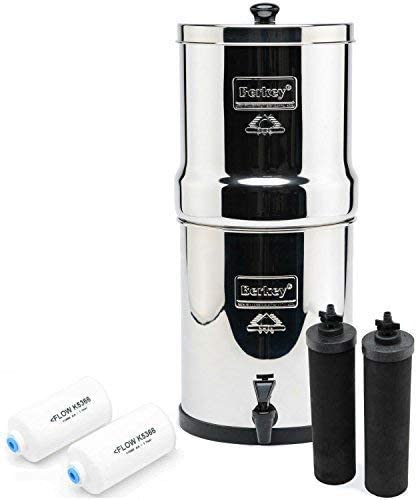
When comparing Berkey vs. reverse osmosis, Berkeys are in a league of their own for ease of use. You can set the silver stainless steel filter on your countertop and have it ready to fill with water within minutes of taking it out of the box.
Unlike reverse osmosis systems, Berkeys need time to filter out water, and they’ll only filter what you put into it. On average, it takes close to three hours to filter 2.75 gallons of Berkey water.
While reverse osmosis relies on electricity and pressure to filter water whenever you turn on the faucet, Berkleys rely on gravity. They have a two-chamber system that sits on top of each other, with purified water passing into the lower container through a Black Berkey filter.
Berkeys can’t remove the hundreds of contaminants that reverse osmosis systems do. However, they’re incredibly effective at taking out many harmful items in your water. Examples include:
- Heavy metals
- Fluoride
- Chlorine
- Fluorine
Berkey vs RO: Contaminant Removal
When comparing reverse osmosis vs. Berkey, it’s easy to assume that eliminating as much as possible from your water is ideal. While that’s undoubtedly true for pollutants, water naturally contains essential minerals that the human body needs.
Therefore, many people choose Berkey systems because it leaves in minerals like calcium and magnesium. In contrast, reverse osmosis membranes have pores that range from 100 to 150psi. As a result of this minuscule pore size, such RO filters out these minerals.
Reverse Osmosis vs Berkey Maintenance Consideration
Naturally, you want to know how much elbow grease your water filtration will require and the costs involved. If you’re looking for cheap and easy maintenance, the Berkley filter is your best option.
Maintaining a Berkey System
You should aim to wash Berkey’s two stainless steel chambers once per month using warm water and dish soap. The Black Berkey Filters also need routine cleaning about once every six months.
To clean the filters, you’ll simply need to unscrew the filter and run it over running water. Then, gently scrub the filter with a new 3M Scotch Brite pad and screw the filter back into place.
Maintaining a Reverse Osmosis System
Cleaning and changing the filters on a reverse osmosis system involve more legwork, although you luckily only need to do this every 6 – 12 months. That said, the timing can vary depending on the system and how much you use it.
To clean your RO system, you’ll first need to turn off the water supply line and drain all water from its tank. Then, following the instructions on your RO system, you’ll need to change the filters and membranes.
Performing regular maintenance on the membranes is crucial. If there are tears, the system won’t work according to its design, and you could unknowingly ingest harmful contaminants. In addition, fouling and scaling are common concerns with reverse osmosis since calcium and magnesium sediments will build up in the system.
Other Comparisons to Consider
As you decide about purchasing a Berkey or reverse osmosis filter, below are some other essential items to consider.
- Cost: Berkey filters range from $250 – $360. RO systems usually start at around $300, with many costing upwards of $1,000.
- Lifespan: You’ll need to change Berkey filters after 6,000 gallons of use, which should last you more than four years. RO system membranes usually last two years, and their carbon and sediment filter cartridges last 6 – 12 months (see how long berkey filters last).
- Certification: Most RO systems come with National Sanitation Foundation (NSF) certification for their excellent ability to remove hundreds of contaminants. Berkey filters don’t have this certification.
Keep these items in mind going forward when you consider the best filter to purchase.
Next Read: Reverse osmosis vs Distilled water

